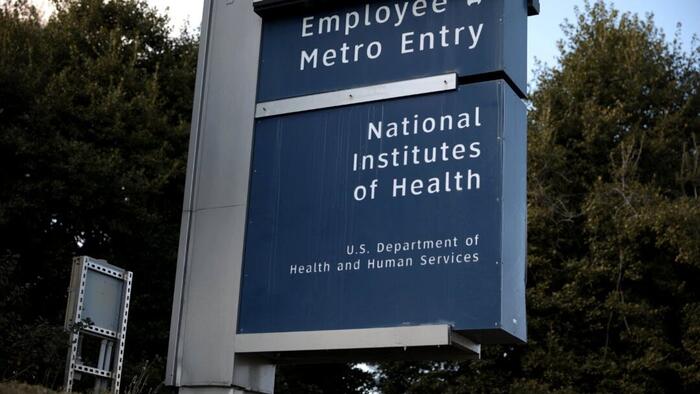


By Matthew Vadum of Epoch Times,
The Supreme Court voted 5–4 on Aug. 21 to allow the National Institutes of Health (NIH) to cancel hundreds of millions of dollars in research grants linked to diversity, equity, and inclusion (DEI) initiatives.
The new ruling clears the way for the funding reductions while litigation over the grants continues in the lower courts.
The justices filed five separate opinions explaining their votes.
Justices Clarence Thomas, Samuel Alito, Neil Gorsuch, Brett Kavanaugh, and Amy Coney Barrett voted to allow the grants to be cut.
Justices Sonia Sotomayor, Elena Kagan, Ketanji Brown Jackson, and Chief Justice John Roberts voted to deny the government’s request to rescind the funding.
The high court said it acted because the federal government faces the possibility that the grant monies, once paid out, may not be recovered.
Moreover, “the plaintiffs do not state that they will repay grant money if the Government ultimately prevails.”
The case is known as National Institutes of Health v. American Public Health Association.
The Department of Justice filed an emergency application with the nation’s highest court late last month, asking the justices to block a ruling by Boston-based U.S. District Judge William Young, who found the cancellation was unlawful and ordered the government to restore the funding.
NIH began taking steps in February to end the grants that conflict with President Donald Trump’s policy priorities.
The NIH is the world’s largest government funder of biomedical research.
The emergency application stemmed from two lawsuits challenging the cuts to grants involving DEI, “transgender issues,” “vaccine hesitancy,” and other issues.
The American Public Health Association described the cuts as an “ongoing ideological purge” of projects with a purported connection to gender identity, DEI, or “other vague, now-forbidden language.” A coalition of 16 attorneys general, largely Democrats, alleged their public research institutions are facing harm because of the funding delays and cuts.
The district court directed the NIH “to continue paying $783 million in federal grants that are undisputedly counter to the Administration’s priorities,” the department said in its filing.
“Following the change in Administration, the NIH identified, explained, and pursued new funding priorities. That is democracy at work, not, as the district court thought, proof of inappropriate ‘partisan[ship]’—let alone a permissible basis for setting agency action aside.”
In his written opinion, Gorsuch said the district court’s ruling upholding the grants conflicted with the Supreme Court’s decision in Department of Education v. California in April that let the Trump administration withdraw education-related grants.
“Lower court judges may sometimes disagree with this Court’s decisions, but they are never free to defy them,” Gorsuch said.
Unless we want anarchy to take over the federal judicial system, “a precedent of this Court must be followed by the lower federal courts no matter how misguided the judges of those courts may think it to be,” Gorsuch said, quoting a prior Supreme Court ruling.
In his dissenting opinion, Roberts said the district court ruling was justified.
“This relief—which has prospective and generally applicable implications beyond the reinstatement of specific grants—falls well within the scope of the District Court’s jurisdiction under the [federal] Administrative Procedure Act.”
Sotomayor, Kagan, and Jackson joined the dissent in part.
In her dissenting opinion, Jackson said the high court’s new ruling is “Calvinball jurisprudence with a twist,” a reference to a fictional game featured in the comic strip, “Calvin and Hobbes.”
“Calvinball has only one rule: There are no fixed rules. We seem to have two: that one, and this Administration always wins,” she said.
